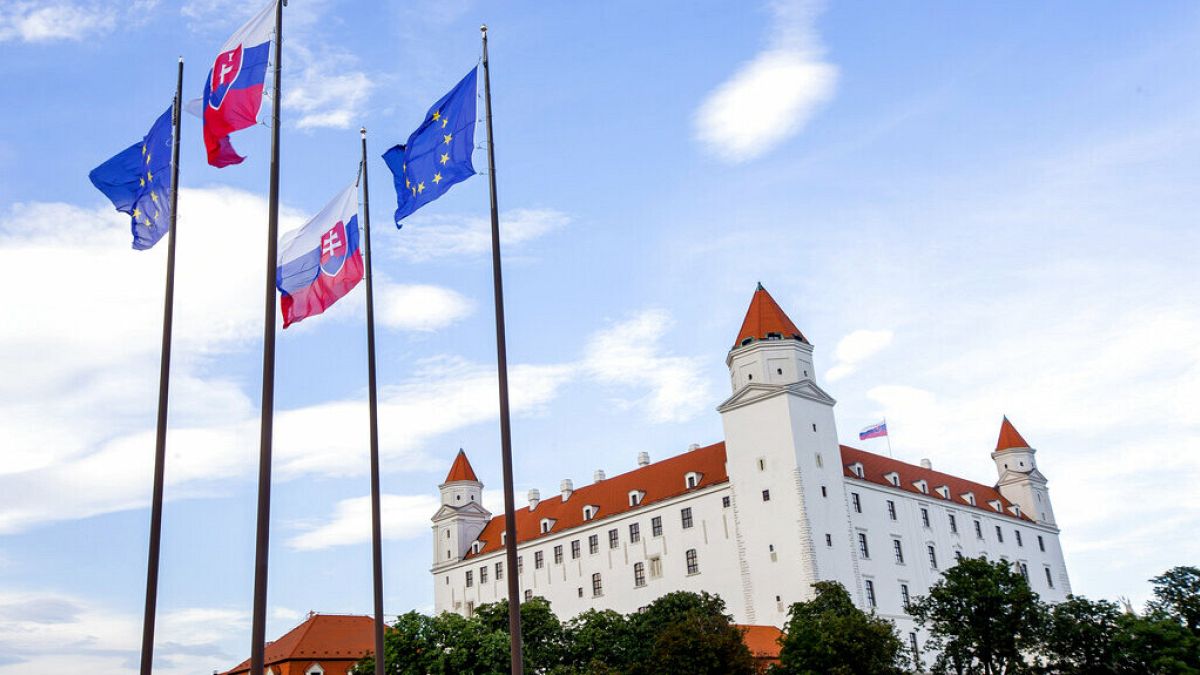A recent proposed amendment to Slovakia’s language legislation has caused concerns about the rights of the country’s Hungarian minority population. The draft law aims to enforce the use of the Slovak language in public settings, including on signs and advertisements, as well as prohibit minority languages on public transport and in places such as post offices. Those who do not comply could face fines of up to €15,000. This amendment could strain diplomatic relations between Slovakia and Hungary, as the two countries have a history of conflict regarding the treatment of the Hungarian minority.
Slovakia previously adopted a similar amendment in 2009, which required Slovak to be the mandatory language for civil servants. This move led to a diplomatic dispute with Hungary, and the current proposal is believed to be even stricter. Slovak opposition lawmakers and human rights experts fear that the new legislation could negatively impact businesses, reduce the country’s competitiveness, and potentially draw criticism from the EU. Critics argue that the amendment is nationalistic and limits the rights of minorities to freely communicate and receive information in their mother tongue.
Hungarians make up about 8% of Slovakia’s population, with Budapest having ruled over the region during the Austro-Hungarian empire. Despite concerns about the potential impact on the Hungarian minority, Hungary’s Foreign Minister has received reassurances from Slovakia that the rights of the minority will not be affected by the proposed amendment. The relationship between the two countries has improved in recent years due to shared nationalist viewpoints held by Hungary’s Prime Minister Viktor Orbán and Slovakia’s Prime Minister Robert Fico. Both leaders have taken similar stances on issues such as migration and Russia’s actions in Ukraine.
Slovak Culture Minister Martina Šimkovičová has defended the draft amendment, stating that it aims to reinforce the status of the state language and ensure effective state control. However, critics within Slovakia argue that the legislation is targeted at the Hungarian minority and may roll back progress made in the 1990s towards linguistic freedom. The proposed amendment has sparked tensions within Slovakia, with opposition lawmakers condemning the law for its nationalist undertones and potential to limit minority rights.
Both Slovakia and Hungary are NATO and EU members, and the proposed language amendment could put strain on their diplomatic relations. While Slovakia’s Prime Minister Fico has shown alignment with Hungary’s Orbán on certain issues, the proposed legislation may further exacerbate existing tensions between the two countries. It remains to be seen how the situation will unfold and whether the proposed amendment will ultimately be implemented in its current form.










